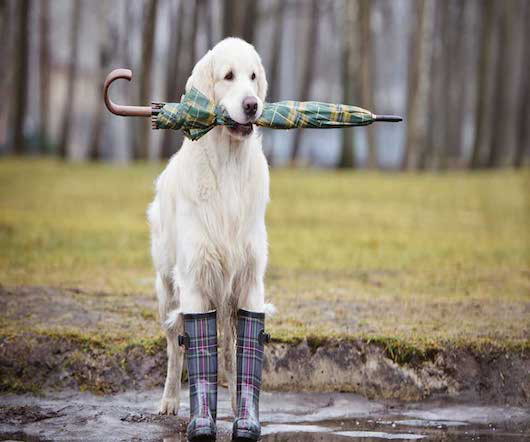Beef
Animal Ethics
DECEMBER 27, 2006
Abstention from beef is overdetermined. If you care only about cows, you will not eat beef. If you care only about the environment, you will not eat beef. If you care only about human beings (present and future), you will not eat beef. If you care only about your health, you will not eat beef. See here.



































Let's personalize your content